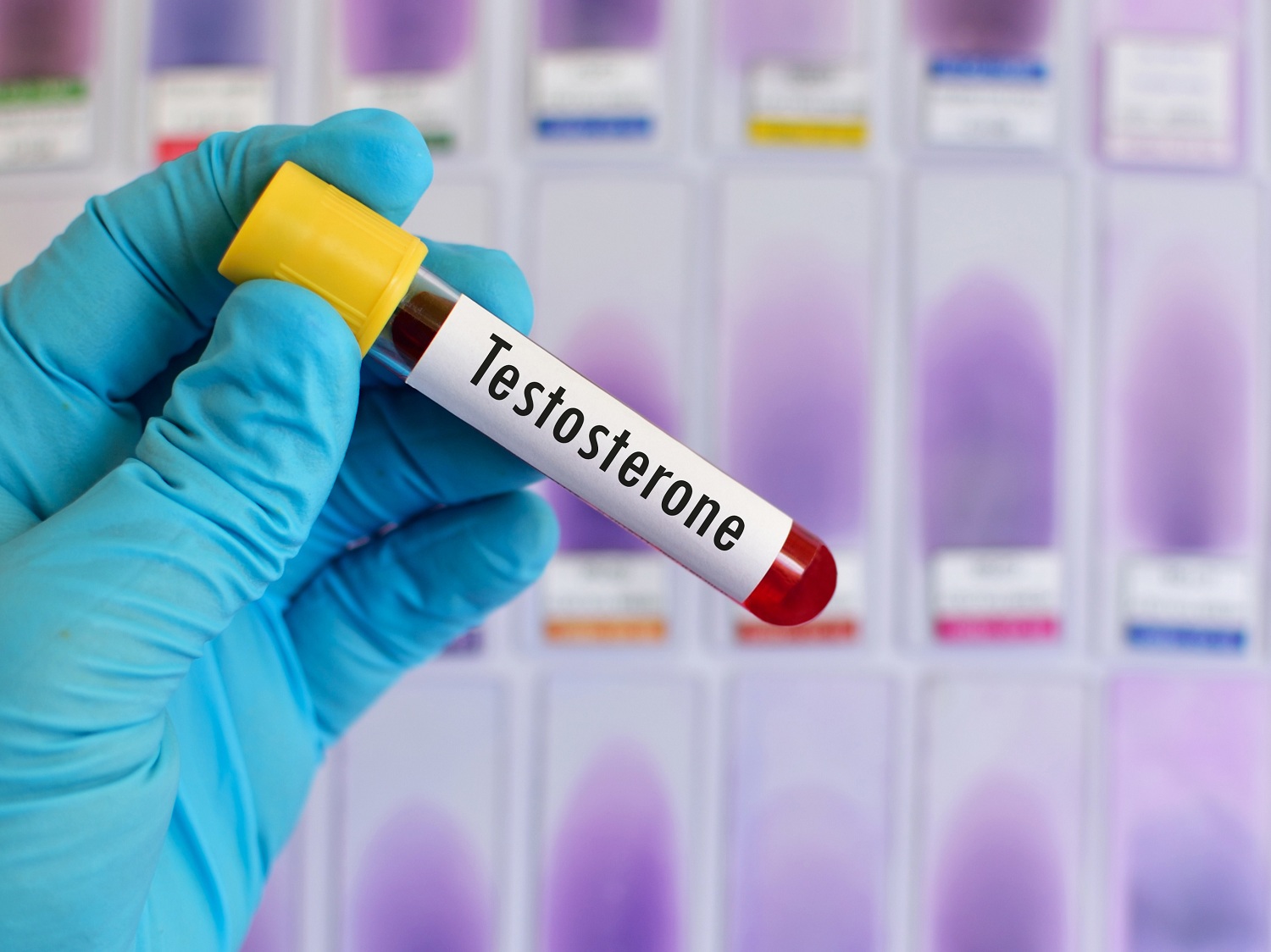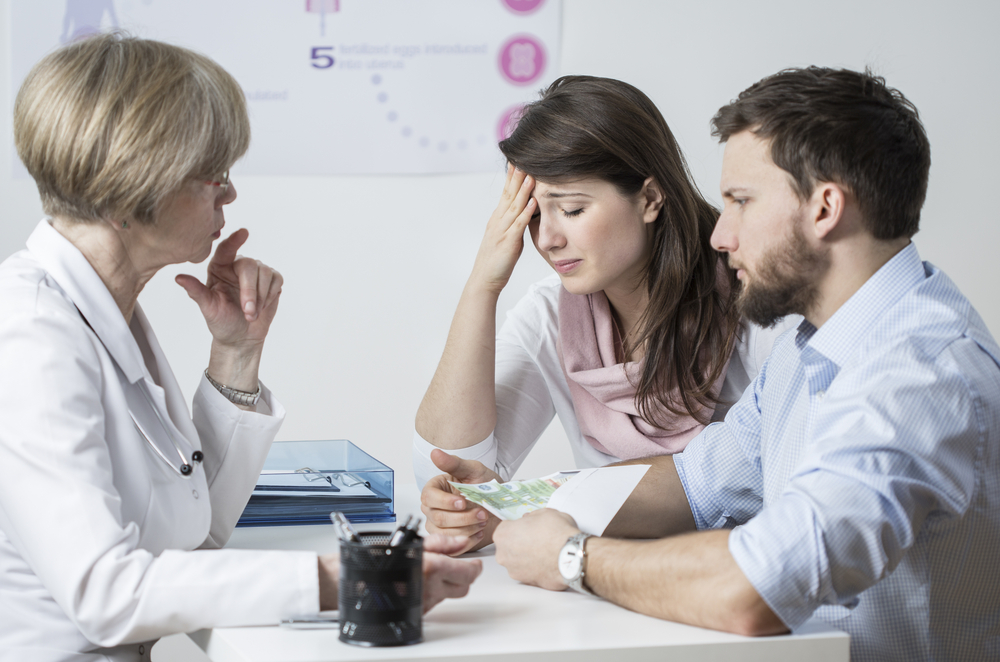The myth is increase testosterone level will make a man behave badly. Aggressiveness, mood swings and anger are not because of the testosterone levels. The “male hormone” testosterone primarily produced in the testicles. Beginning around age 35, testosterone levels start to decline naturally and continue to do so as a man ages, sometimes leading to low testosterone levels. Some symptoms are depressed mood, decreased sex drive, erectile dysfunction and difficulties with memory and concentration.
However, high testosterone level is not like low testosterone level. And testing for increased testosterone is rare. There are so many men with low testosterone levels but there are no such cases of high level of testosterone.
Also Read:Strong reasons to treat low T at earliest
Myths about increased level of testosterone
High testosterone causes baldness- It’s a pure myth, on average, men with male pattern baldness have the same testosterone levels as men with full head of hair. Baldness seems to be genetically determined.
Testosterone causes prostate cancer- It’s also a myth that men with high testosterone level are at no greater risk of developing prostate gland cancer than men with lower testosterone levels.
Testosterone causes uncontrollable violent behaviour- This is a myth. No violence, aggression or unpredictable behaviour has been observed in studies where men were administered testosterone, even at extremely high doses of testosterone levels.
Testosterone is a steroid, and steroids are dangerous- Yes, testosterone is a steroid but it doesn’t make it dangerous. In fact, we all are loaded with various kinds of steroids, such as estrogen, progesterone, cortisol, etc.
How to increase testosterone levels
Exercise
Regular exercise will increase testosterone in men with low testosterone levels. For better results, lift heavier weights with fewer repetitions. Stick with weight -lifting exercises like squats, bench presses, dead lifts and shoulder presses.
Get adequate sleep
The testosterone levels in young men who sleep less than 5 hours in 24 hours, have a 10-15% less testosterone levels as compared to those who sleeps for 8-10 hour. Because lack of sleep increases the amount of cortisol (stress hormone), and high level of stress hormone also impact testosterone levels.
Reduce stress
High stress is also associated with low testosterone levels. It also affects your sleep which in turn releases cortisol, this will decrease the production of testosterone. Plus, the cortisol makes you gain belly fat and excess weight means less testosterone levels.
Lose weight
There is a huge connection between weight gain and hormonal imbalance. Low testosterone levels tend to increase body fat which in turn creates further hormone imbalance by the conversion of testosterone into estrogen.
Eat healthy food
Just like minerals and vitamins, your body requires healthy fats for optimal functioning. A diet that contains less than 40 % of energy is bad as fat leads to a decrease in testosterone.
Vitamin D level in your body
People with low testosterone levels often have vitamin D deficiency. Regular sun exposure is a good way to optimize your vitamin D levels. Soak yourself in early morning sunlight for 15-20 minutes daily. This will facilitate the process of vitamin D production.
Also Read:
High testosterone symptoms
The most common cause of excess testosterone is testosterone replacement therapy. Side effect for increased testosterone levels by testosterone replacement includes:
- Acne or oily skin
- Breast enhancement
- Sleep apnea
- Prostate swelling
- Fluid retention
- Decreased testicle size
- Decrease in sperm count
- Increase in RBC




